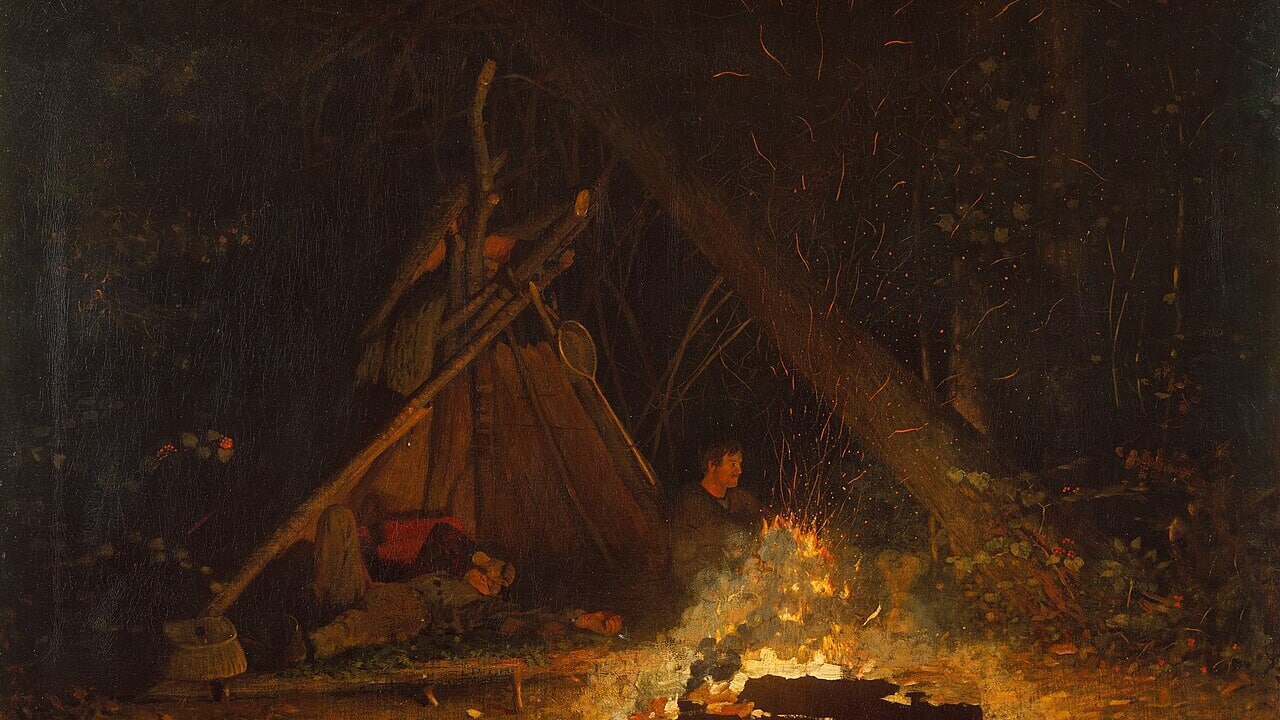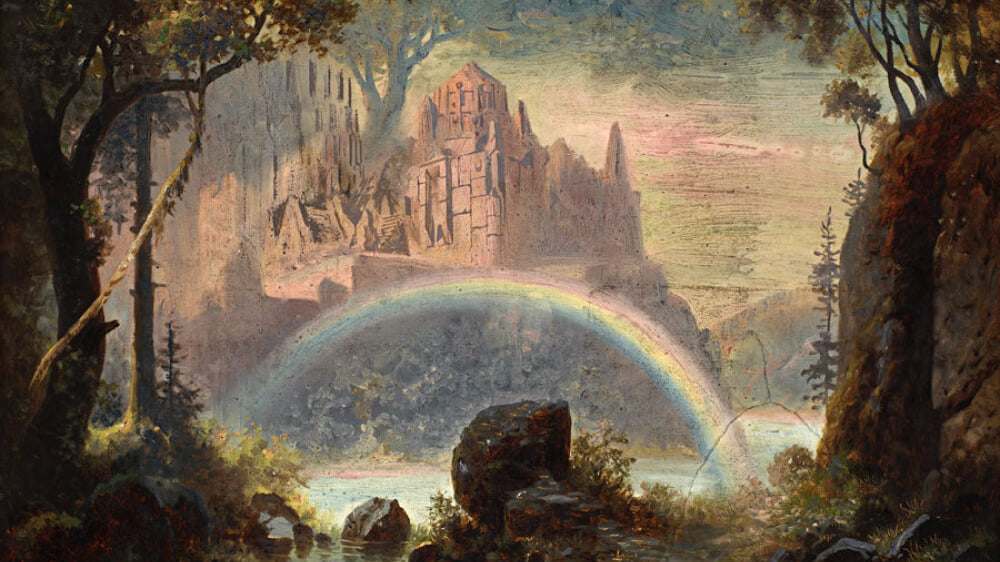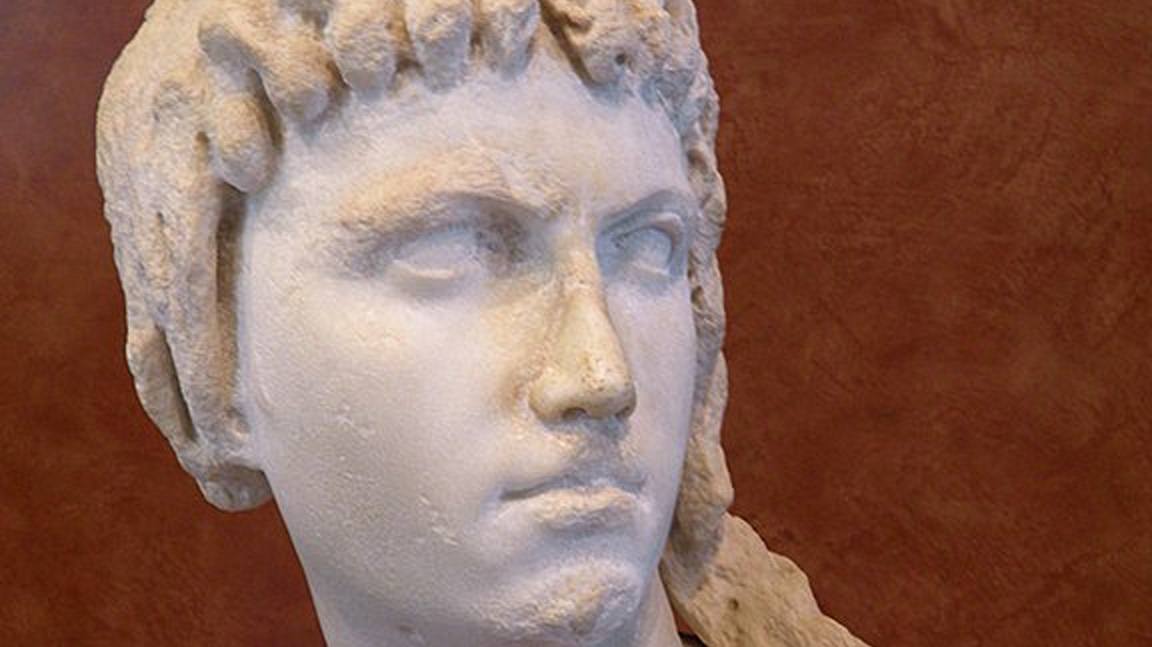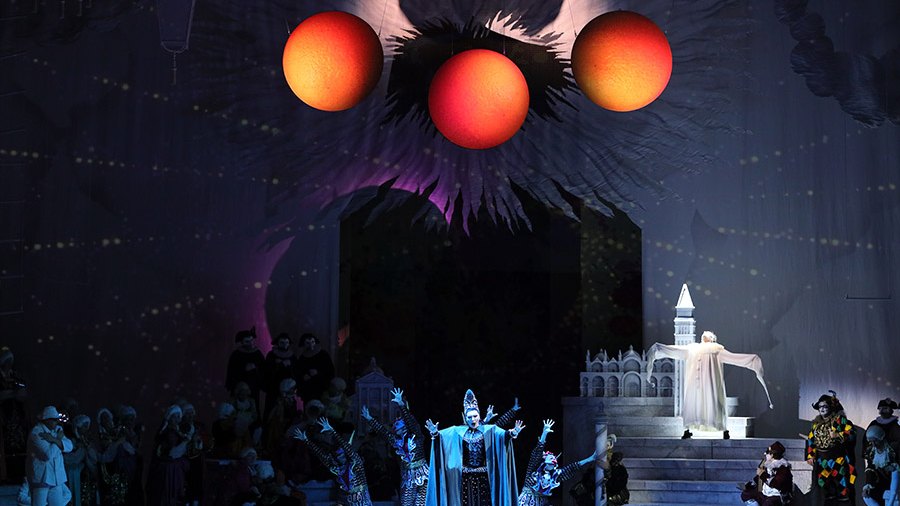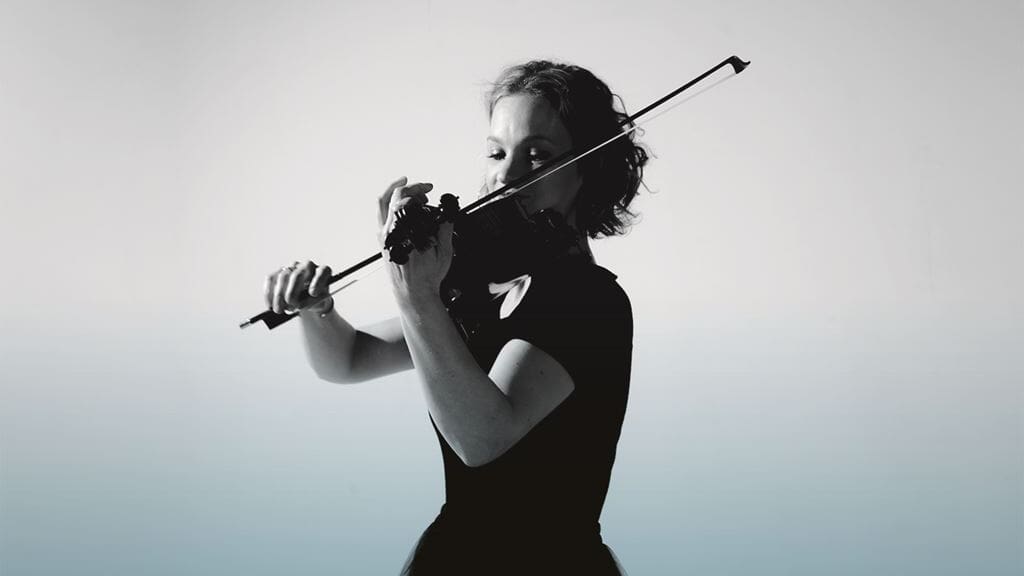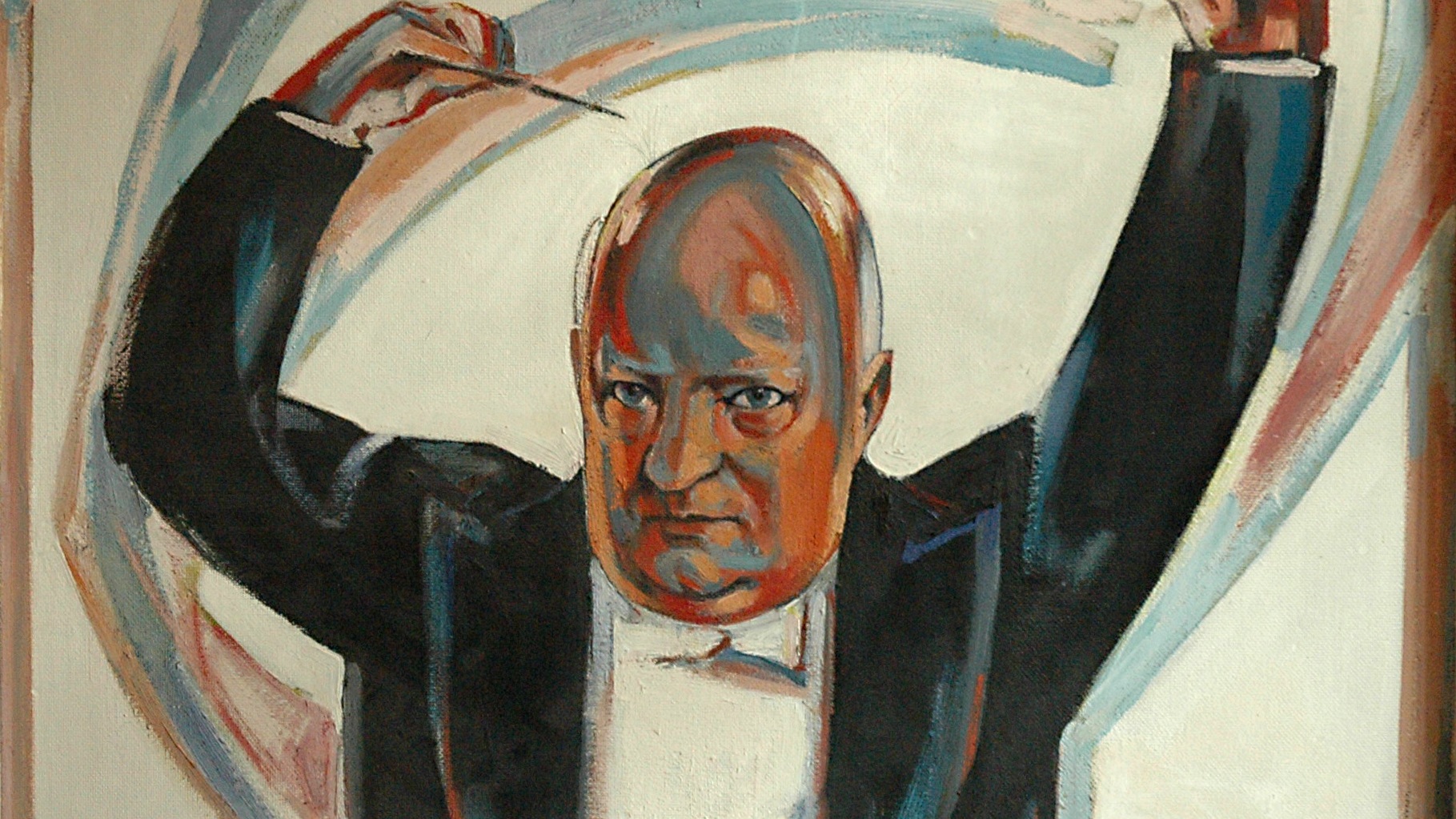Ives’ “Hallowe’en”: Mischief Around a Polytonal Bonfire
Composed in 1906, Charles Ives’ Hallowe’en evokes childhood memories of a growing bonfire and playful mischief. Ives wrote, It is a take-off of a Halloween party and bonfire – the elfishness of the little boys throwing wood on the fire, etc, etc… it is a joke even Herbert Hoover could get. Scored for “string quartet, piano and optional drum,” the work begins as a whisper, with only two voices, the second violin and …

